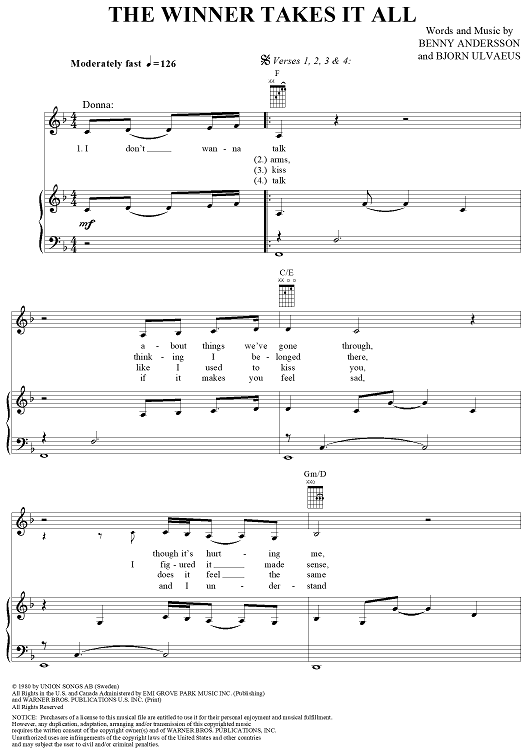

‘Ain’t Got no Money to Pay for this Drink’ – George Zimmerman and the Thrills.The songs Bob Dylan called his favourite about drinking: He had a style that was ghostly and otherworldly, rare and unusual, mysterious and vague. Skip had a style that was celestially divine, sounded like it was coming from beyond the veil. The troubadour reserved the following praise for his satanic sonic rapture: “Here’s another barn burner. He introduced the show by announcing: “This is Theme Time Radio Hour, and there’s Hell to pay” and proceeded to rally through a curated clutch of tracks all marginally better than his introductory pun.Īs a big Skip James fan, it was no surprise to see him make Dylan’s list. Once again, Dylan used his radio show to compile a favoured collection of a specific form of song – devil’s music in a very literal sense. ‘Devil With A Blue Dress On’ – Shorty Long.‘Between the Devil and the Deep Blue Sea’ – Count Basie.‘Must Have Been The Devil’ – Otis Spann.‘Suzanne Beware of the Devil’ – Dandy Livingstone.‘The Devil In Disguise’ – The Flying Burrito Brothers.‘The Devil Ain’t Lazy’ – Bob Wills and his Texas Playboys.‘Friend of the Devil’ – The Grateful Dead.‘Me and The Devil Blues’ – Robert Johnson.The songs Bob Dylan called his favourite about the devil: Similarly, he lauded Martha Reeves and the Vandellas classic’ Dancing in the Street’, about which Dylan remarked: “Only one song we could start with.” Still, it may have come as a shock to hear Dylan speak so fondly of the group when making his selection: “Joey Ramone, along with Johnny, Tommy and Deedee, all brothers from different mothers, they were an influential early punk band, and some people say they invented the form of pop-punk.“ Dylan’s a noted fan of the band, and the band are fans of his, even covering his songs on occasion. Dylan picked out the Ramones song ‘Do You Wanna Dance’. Nevertheless, on his radio show, he compiled a rather specific list of tracks, each with the word ‘Dance’ in the title.ĭuring the segment, he singled out two tracks for particularly glowing praise. The idea of Bob Dylan doing the funky chicken at a wedding or moonwalking by the jukebox is a similar sort of mental experiment to trying to imagine a new colour. ‘Save The Last Dance For Me’ – Buck Owens and the Buckaroos.‘I Can’t Stop Dancing’ – Archie Bell and the Drells.‘Dancing to the Rhythm’ – Eddie Seacrest & The Rolling Rockets.‘I Can’t Dance (I’ve Got Ants In My Pants)’ – Roy Newman.‘Dance, Dance, Dance’ – The Lebron Brothers.‘My Baby Don’t Dance to Nothin’ But Ernest Tubb’ – Junior Brown.

‘Let’s Go Dancing’ – Roy Hogsed and his Rainbow Riders.‘Dancing in the Street’ – Martha Reeves and the Vandellas.The songs Bob Dylan called his favourite to dance to: It’s like a classically heroic anthem theme. But it doesn’t get any better than ‘Louisiana’ or. But he’s gonna write a better song than most people who can do it.

And he’s not going to get people thrilled in the front row. Thankfully Dylan was more than happy to shine an illuminating light on his work in an interview with Paul Zollo in 1991.ĭylan declared: “Now Randy might not go out on stage and knock you out, or knock your socks off. However, this sadly hasn’t led to widespread acclaim with the uninitiated masses. Randy Newman is widely accepted among artists to be one of the greatest songwriters ever to try his hand at the craft. Randy Newman – ‘Sail Away’, ‘Burn Down the Cornfield’ and ‘Louisiana’ The songs Bob Dylan said, “doesn’t get any better than.” Naturally, it’s not all that easy to scrape all of his wayfaring commendations together in one fell swoop, so thankfully, there is always scope for a part II when it comes to the chronicles of Dylan’s unfurling musical eulogy. Below we’re looking at the tracks that he has openly lauded in his own sacred words, and we’ve compiled them in a playlist to boot. Instead, he reservedly kept his admiration close to his chest so as not to cause a big love-in and only retrospectively remarked: “I just kept it to myself that I really dug them.”įortunately, he has occasionally let his mask of reticence slip and celebrated a song or two in the most perfunctory sense. The Beatles might have called him an “idol” and a “hero”, but he did not openly return the favour. Paradoxically, however, he has often been guarded about heaping praise on specific songs and records, understanding that his word holds more weight than most and has the power to bring down a musical monument before its construction is finished.


 0 kommentar(er)
0 kommentar(er)
